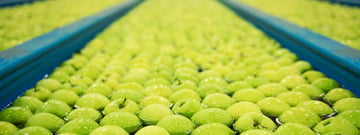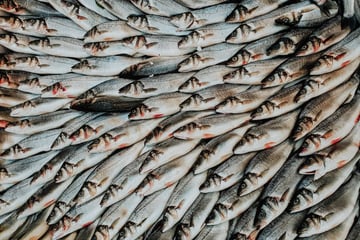The National Oceanic and Atmospheric Administration (NOAA) unveiled new requirements for imported seafood this month, beginning the rollout of regulations that were the product of a presidential task force. The proposed new system will apply to key fish like cod, swordfish, shrimp and tuna that NOAA has recognized as vulnerable to illegal fishing, according to NOAA administrator Kathryn Sullivan.
“Traceability is a key tool for combating illicit activities that threaten valuable natural resources, increase global food security risk and disadvantage law-abiding fishermen and seafood producers,” Sullivan said.
According to Food Safety News, about 600 international fish brokers and 2,000 importers are going to be required to provide more robust traceability for these selected species to curb food fraud and reduce human health risks. The new regulations for seafood importers are being published in the Federal Register for a 60-day comment period. NOAA Fisheries spokesmen said the Final Rule will likely be published in the fall.
The proposed seafood traceability system will collect data about harvest, landing, and chain of custody of fish and fish products (initially limited to the list found here) imported into the United States identified as particularly vulnerable to IUU fishing and seafood fraud. Similar information for domestically harvested seafood is already reported under numerous state and federal regulatory requirements.
Earlier this year, the largest international ocean conservation organization called for increased traceability throughout the entire seafood supply chain following a study released involving the mislabeling of America’s favorite fish – salmon. Oceana released a study that collected 82 salmon samples from restaurants and grocery stores and found that 43 percent were mislabeled. DNA testing confirmed that most of the mislabeling (69 percent) consisted of farmed Atlantic salmon being sold as wild-caught product.
Source: NOAA, Food Safety News
Tag(s):
Traceability
Other posts you might be interested in
View All Posts
Traceability
3 min read
| March 18, 2020
The Global Dialogue on Seafood Traceability Releases GDST 1.0
Read More
Food Industry
8 min read
| October 18, 2022
2022 Food Product Recall Trends
Read More
Supplier Compliance
4 min read
| June 22, 2021


